
Culture
12:12, 14-Aug-2017
ROK holds annual 'peace concert' amid rising tensions
CGTN
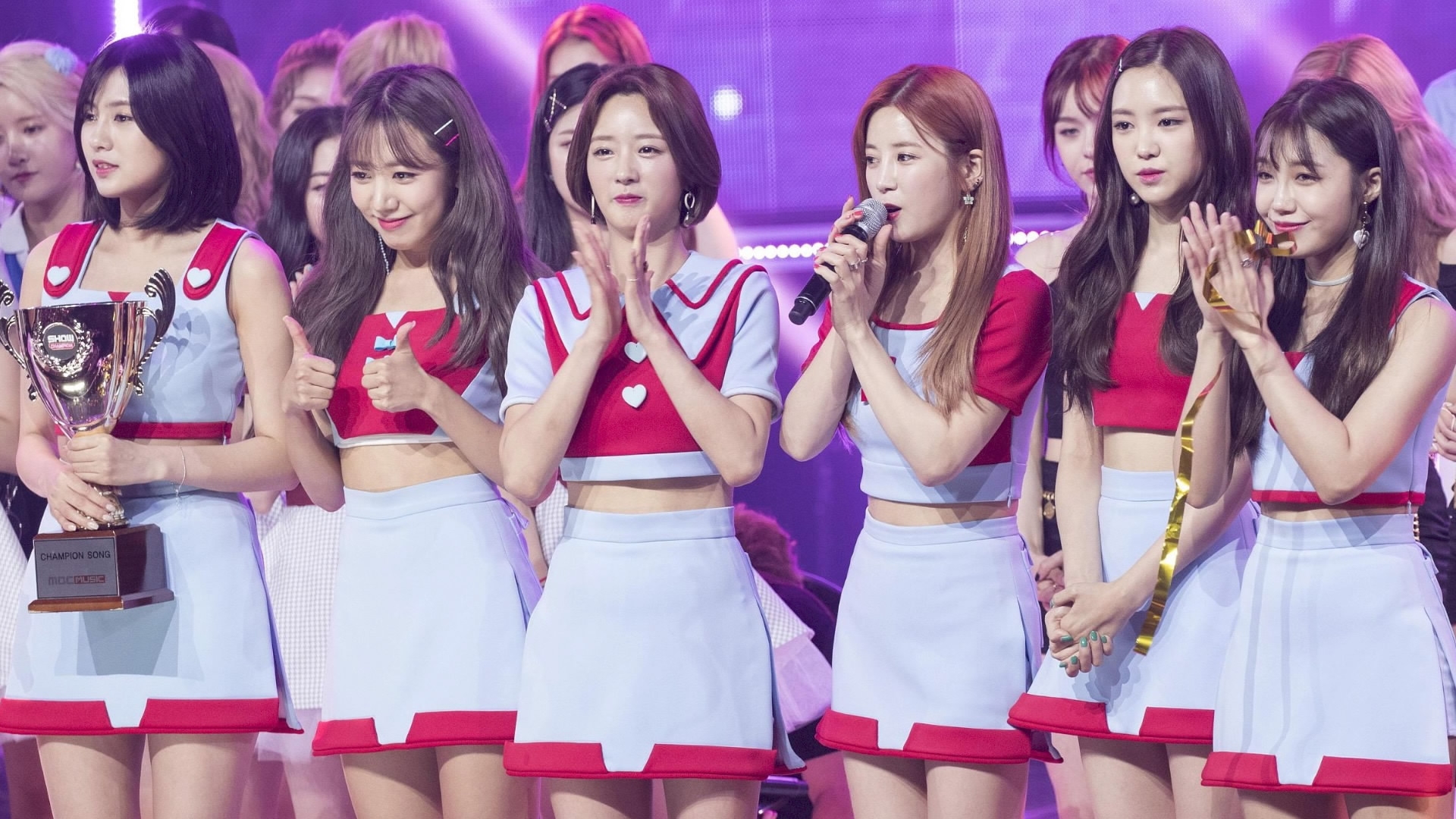
South Korea has just wrapped up its annual Demilitarized Zone (DMZ) concert, or the so-called "peace concert" over the weekend at Paju city, located near its border with the Democratic People's Republic of Korea (DPRK).
The concert, themed "Again, Peace!", was headlined by several top K-pop bands and musicians including Girls' Generation, BTOB, B1A4 and Japanese new age composer Yuhki Kuramoto, according to Yonhap news agency.
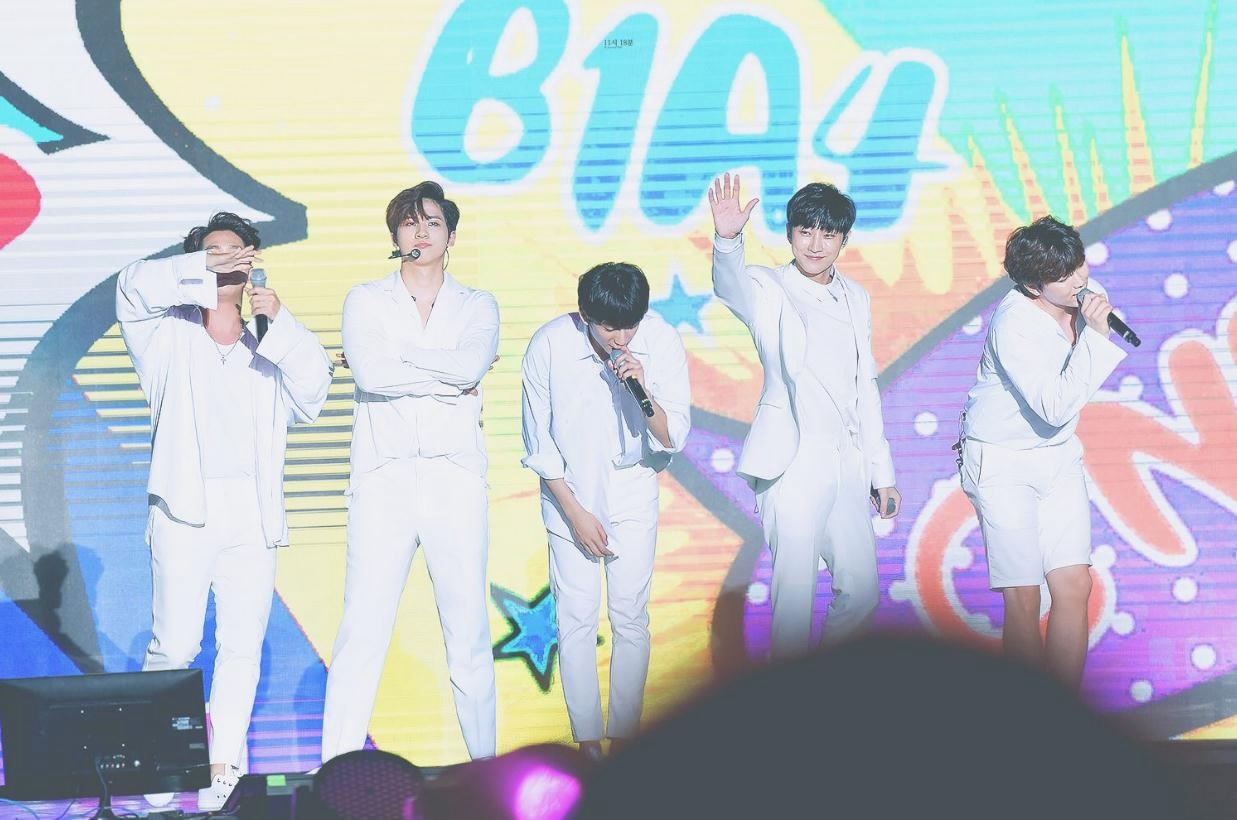
K-pop band B1A4 performs at DMZ peace concert 2017. /Photo via Twitter
K-pop band B1A4 performs at DMZ peace concert 2017. /Photo via Twitter
The concert was held amid rising tensions on the Korean Peninsula, as the DPRK tested two intercontinental ballistic missiles in July and has been threatening to fire four missiles into the waters off the US territory of Guam.
US President Donald Trump has threatened to retaliate with "fire and fury".
The annual DMZ concert was first held in 2011, but does not take place in the demilitarized zone. Instead it's held in Nuri Peace Park, a tourist spot in Paju city, about eight kilometers south of Panmunjeom, where the armistice for the Korean War was signed in 1953.
The weekend concert was organized by South Korean broadcaster MBC, the Gyeonggi provincial government and the Ministry of Unification, and will be broadcast on the network on Tuesday.
It was made of two parts, with the pop bands performing on Saturday and followed by a classical opera on Sunday.
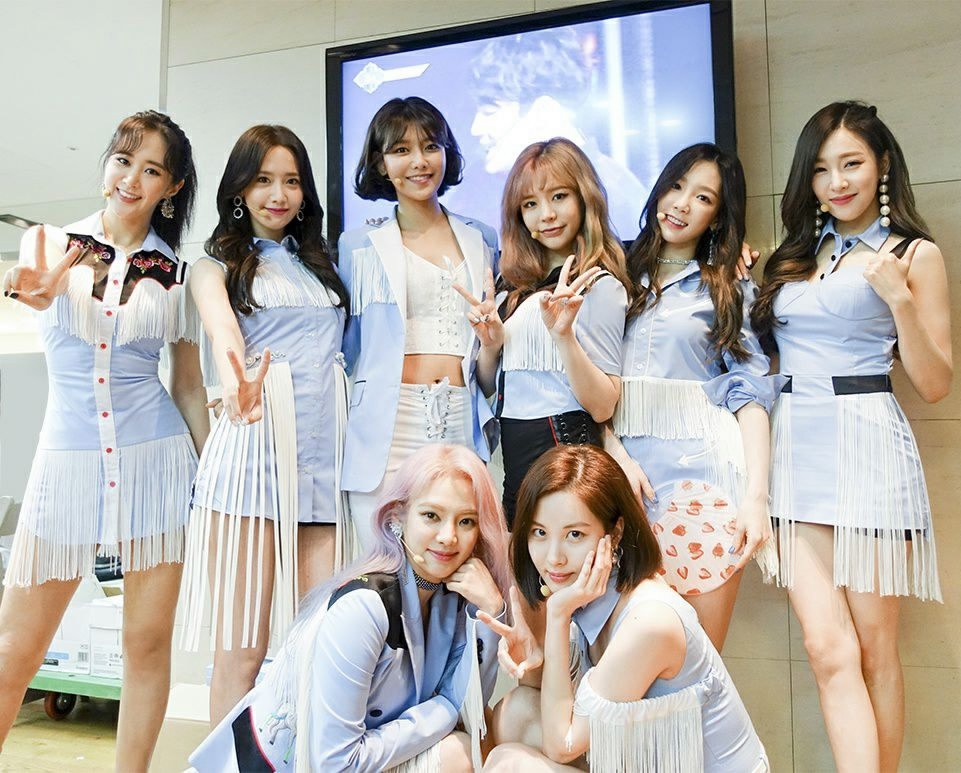
File photo of K-pop band Girls' Generation. /Photo via official Facebook account
File photo of K-pop band Girls' Generation. /Photo via official Facebook account
But could the "peace concert" actually bring peace to the Korean Peninsula?
South Korea's pop culture enjoys great popularity across Asia, and was dubbed the "Korean Wave" as its TV dramas and K-pop bands were well-loved by many Asian countries including Japan, China and those in southeast Asia.
The DPRK officially banned such cultural imports from South Korea. Some, however, were reportedly smuggled across the border.
Despite the fact that there are no official statistics of how the people of the DPRK respond to the K-pop culture, audience attracted to the 2017 DMZ concert were overwhelmed by music of their idols.
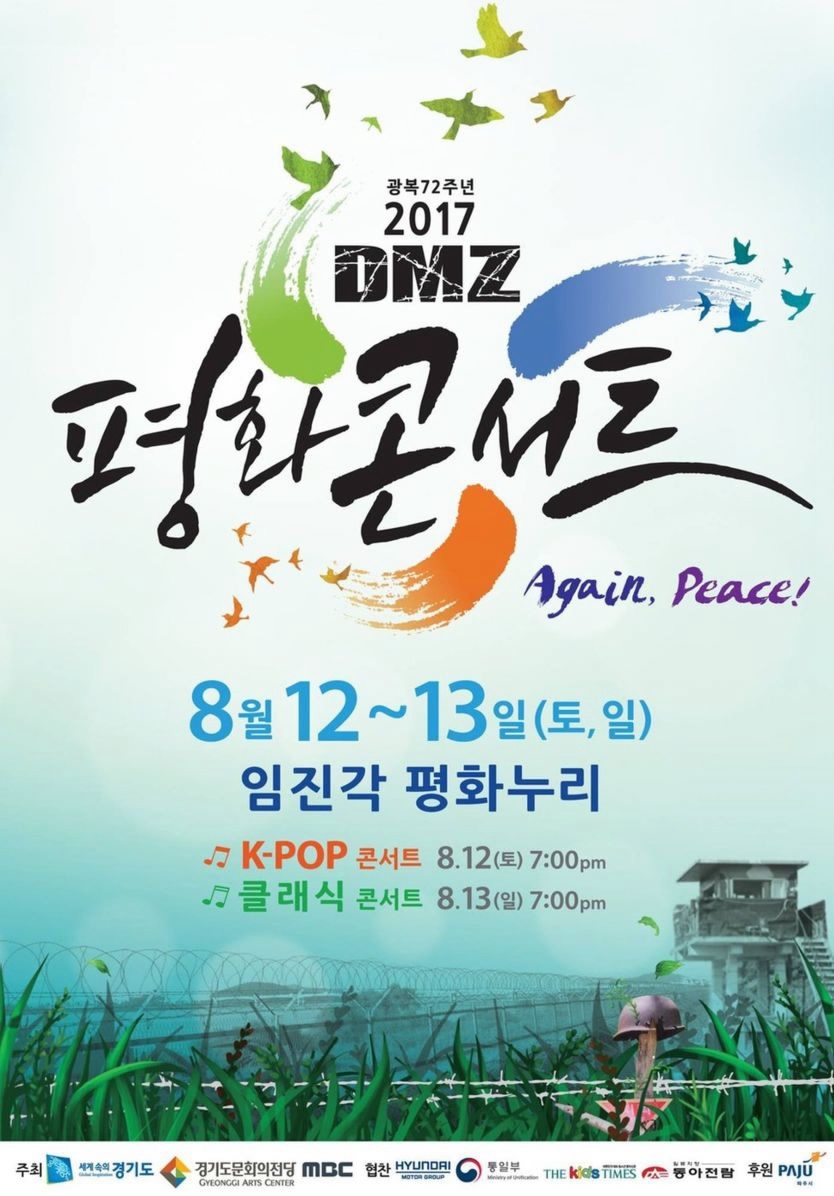
Poster of DMZ peace concert. /MBC Photo
Poster of DMZ peace concert. /MBC Photo
An estimated 25,000 people attended the annual concert Saturday night, most of them young people.
Organizers said they hope the concert would allow the concept of unification to be rooted deeply in the minds of the younger generation.
"Let's shout 'no' to missiles and 'no' to nuclear weapons development, 'We want peace'. Maybe they can hear us," said Jung Ki-youl, chairman of the local government, at the concert.
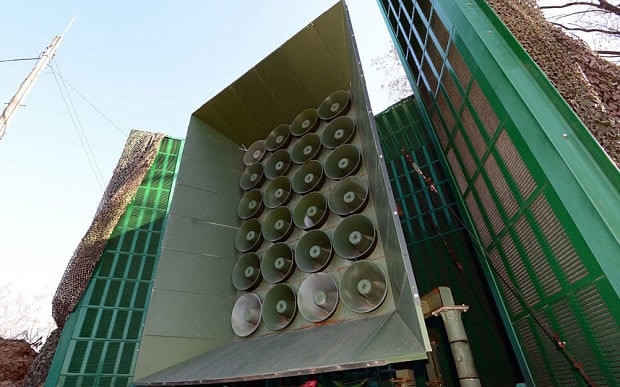
Loudspeakers set up by the Republic of Korea on border with the DPRK for playing pop songs. /Getty Images
Loudspeakers set up by the Republic of Korea on border with the DPRK for playing pop songs. /Getty Images
K-pop music was once used as "weapon" when the inter-Korean relations came to a stalemate.
In 2016, South Korea set up giant loudspeakers on border with the DPRK to play pop songs towards the north as a type of propaganda, after a DPRK nuclear test.
925km

SITEMAP
Copyright © 2018 CGTN. Beijing ICP prepared NO.16065310-3
Copyright © 2018 CGTN. Beijing ICP prepared NO.16065310-3